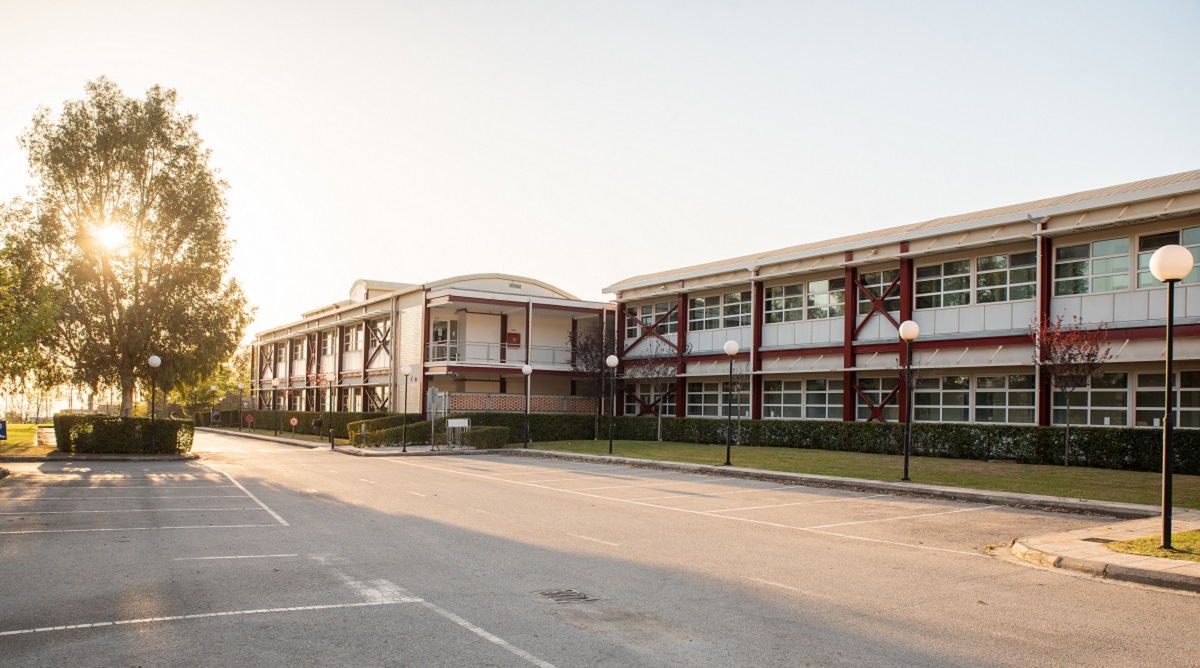
- Welcoming you to the post of head of the Hellenic Open University, we would like to get to know the person. Tell us about the life path of Ioannis Kalavrouziotis. (Where you come from, Origin, studies, public presence, generally what you think to get to know you better)
My origin is the small village of Kalavrouza Nafpaktia-Aitoloakarnania where I spent the summers of my childhood. I was born in Patras , I completed my high school years in the Model High School – Lyceum of the Model High School and in fact I was in the front row of the new high school then where I was lucky to have great teachers for the time but also excellent classmates, most of whom are still my friends today.
I studied Agronomy at the Aristotle University of Thessaloniki where I graduated in October 1984. I served as a Cadet Reserve lieutenant in the PA for 24 months. I was appointed as an agronomist at the Ministry of Agriculture where I served in Ilia and Achaia for 15 consecutive years, of which 3 years I served in the region of western Greece with responsibility for the management of MOP and for one year I was director of P.D.E. I then served for 2 years as a professor in Secondary Technical Education and then for 13 years I joined as a faculty member in the Department of environmental and Natural Resources Management of the University of Ioannina and later of the newly founded University of western Greece, until my election to the HOU in 2013 where I serve as its professor until today in the field of wastewater management. For the last 6 years I was elected Dean of the Faculty of Science and Technology of the Hellenic University and a member of the school of Science and Technology. Since November 1, 2022, I hold the position of President of the Hellenic Open University.
- How do you see the institution of Hellenic Open University in Greece? What needs it came to cover in Higher Education?
The main mission of the Hellenic Open University is to provide distance undergraduate and postgraduate education and further education, through the development and utilization of both the appropriate educational material and teaching methods. In addition, the objectives of the HOU include the promotion of scientific research, as well as the development of technology and methodology in the field of distance knowledge transmission. In Greece, the HOU is the most institutionalized provider of distance learning programs. Apart from the field of distance education, the Hellenic Open University represents and serves the ideal of open education. This means that it enables all citizens without exception to be educated, to study, to develop their skills and abilities, giving them the necessary skills to develop both professionally and socially but mainly personally. The concept of open education is an ideal, an educational policy and a political stance and statement, which is used to denote the trend of free access to education institutions, educational programs and various ministries of education around the world. I am very pleased that our country has established such a public university, which, in addition to the high level of academic quality of Education, offers equal study opportunities to all. In addition, I feel particularly proud to be an active member of this university, contributing to such an important goal and institution.
- Based on your long relationship with HOU, we would like you to comment on the attitude of society and the state (that is, the Greek experience) towards the institution of digital “universities without walls” in Higher Education?
The institution of the Open University in Greece made its appearance almost two decades later than other European countries. The people and the citizens of the country were fully ready to embrace this institution, which is evidenced by the large number of interested parties for the few positions offered by the institution during its first year of operation.
From that moment on, the interest of the citizens remains undiminished, and this is because many of our students take advantage of the flexibility offered by the institution for studies, knowledge, development of intellectual and social skills, complex metacognitive abilities, etc. which help them in their professional stability, advancement but also in their personal desire for development.
In conclusion, the HOU is a very friendly University in society, with a strong social profile, which although eminently a remote institution, has managed to create strong bonds both between its students and graduates and with the local, and not only, society. Finally, taking advantage of the great advantage of its economic independence, it can offer to the citizens of the country, scholarships of excellence and social criteria as well as scholarships to socially vulnerable groups in order to keep the good of knowledge Open and accessible for all those who wish it.
- Although the “Open University” was delayed in Greece compared to the other countries, the feeling that it appeared at the right time is well established. What is its potential in the modern and complex digital world? what is its potential role in learning, science, research and innovation?
Open Universities made their appearance in Europe at the end of the 90s, with a typical example being the establishment of the Open University of England in 1971. The strong presence of Open University Institutions in this decade came to cover the particularly increased needs of the time for specialized personnel, as a result of the diversification of the economic and social life of people.
In Greece, the establishment of the Hellenic Open University in 1997 is affected by a series of intense social, economic, technological and other developments that took place in the context of a wider digital, and not only, restructuring of Greek society. The Hellenic Open University, combining the removal of the physical limitations of traditional education systems with the rapid development of new technologies and the targeted research carried out for the application of modern methods of Education, Teaching and research, has established itself in the educational field by offering an alternative way of learning to the Greek society, while contributing to the reform of higher education in our country.
Our institution, in its 25 years of operation, has demonstrated a significant development and upward course, offering high quality undergraduate and postgraduate programs of study, while acquiring the academic prestige it deserves. In recent years, EAP has received international recognition, as it is consistently among the top five remote institutions in the world. Recently, in October 2022, he co – organized with the leading Association of European Open and distance universities (EADTU), the International Higher Education Conference (I HE), in Athens.
I will close by emphasizing that the role of the Hellenic Open University for Greek society is twofold. One component focuses on education and research and the second on its contribution to society. Thus, the EAP must, and does, adapt easily and quickly to the modern needs of the time, which define new disciplines and new hybrid specializations, offering new modern and innovative curricula, while maintaining equal access to the good of knowledge and education for all those who seek and desire it.
- What are the limits (barriers) of this role in contrast to the institution of Ηigher Εducational Ιnstitution as we knew it?
I personally believe that there are no limits and barriers to education, so there are no or better should not be for its institutions, which are higher education institutions. It is well known that there are deniers of “universities without walls“, but I declare and am an advocate of evolution. As I mentioned above, social, political, economic and technological developments brought about the creation, or even better the need for the creation of open and remote universities. I therefore believe that at the moment we are ready or should be ready to abolish the barriers to education by recognising that the next step of education is lifelong learning and training. This, combined with modern work requirements, the difficulty in moving and the avoidance of unnecessary environmental pollution make distance learning methods particularly tempting. At this point I would like to emphasize that there is a basic and essential difference between the terms distance learning (as it was carried out with great success in the period of the health crisis) and distance learning. Distance learning is a special method of Education, which is based on the student-centered system of education and the development of appropriate distance learning materials.
Finally, it is worth noting that universities must be the carriers of evolution, they must cause changes and not adapt to them. And this can only be done if we escape from watertight and move methodically to the next day.
- (To get a little closer to your interests) would you like to talk to us about the issue of sustainable development? What role will you see the ΗΟU play in this direction and in what way;
We are active in research through the institutionalized Laboratory of Sustainable Waste Management Technologies, where with my collaborators postdocs, Ministry of Environment, Energy and climate change. PhD, research we deal with issues of Environmental Geochemistry, laboratory analysis of soil samples and waste, through research programs we implement. We collaborate with laboratories in Greece and abroad and our entire research activity is described through the https://dia.eap.gr/research/
- In relation to the issues of sustainability and sustainability of development, the issue of the environment and climate change is leading. There is however some distance between positive and Social Sciences on the subject and, thus, we lose the elephant from the room. Where are we? Would you like to comment?
We have already created a software published in Greek English and recently in Chinese that explores the safe reuse of liquid waste and biosolids in agriculture. A useful tool given to university laboratories and research centers. All this in the context of sustainability and environmental protection with the effort to upgrade it.
- How do you see or envision the role of HOU for the future of Greek Higher Education, the economy, the environment for the benefit of society?
The capacity of the HOU is given and recorded in Greek society. We are upgrading with the help of our fellow professors our laboratory infrastructure and with the integration of new innovative academic curricula at undergraduate and educational level, with the help of our experienced administrative and technical staff and with the collaborating lecturers , we will proceed in a coordinated manner in the coming years. The most important thing is that very soon the HOU will very soon be self-governed after a 25-year operation , a dream that will take shape after the Will and will of the leadership of the Ministry of National Education and Religious Affairs.

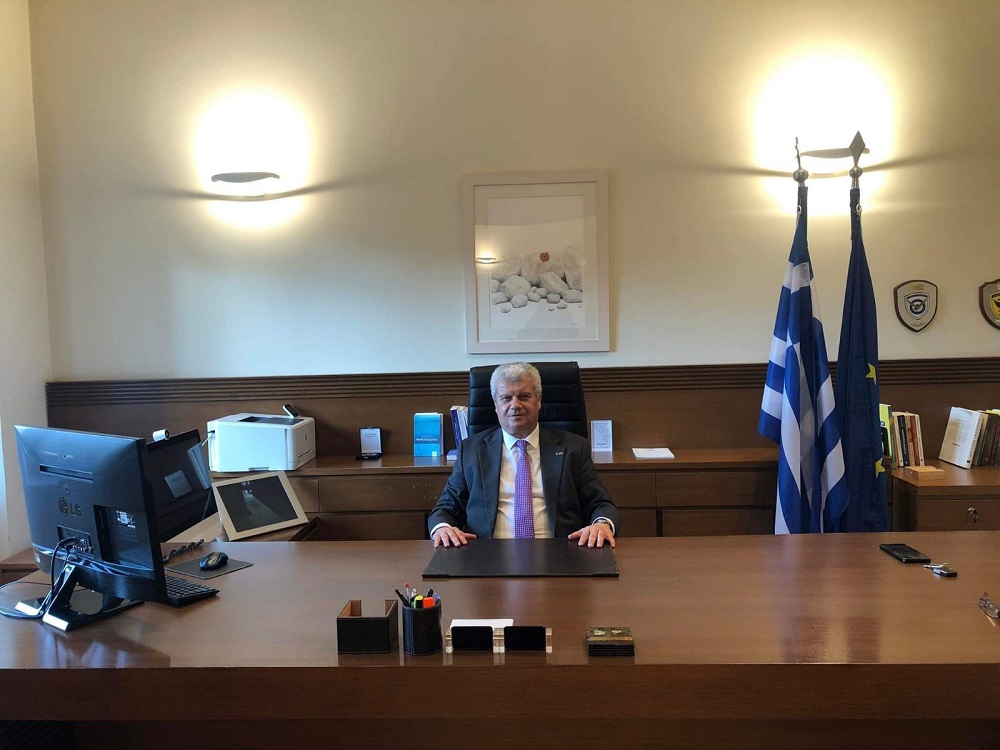
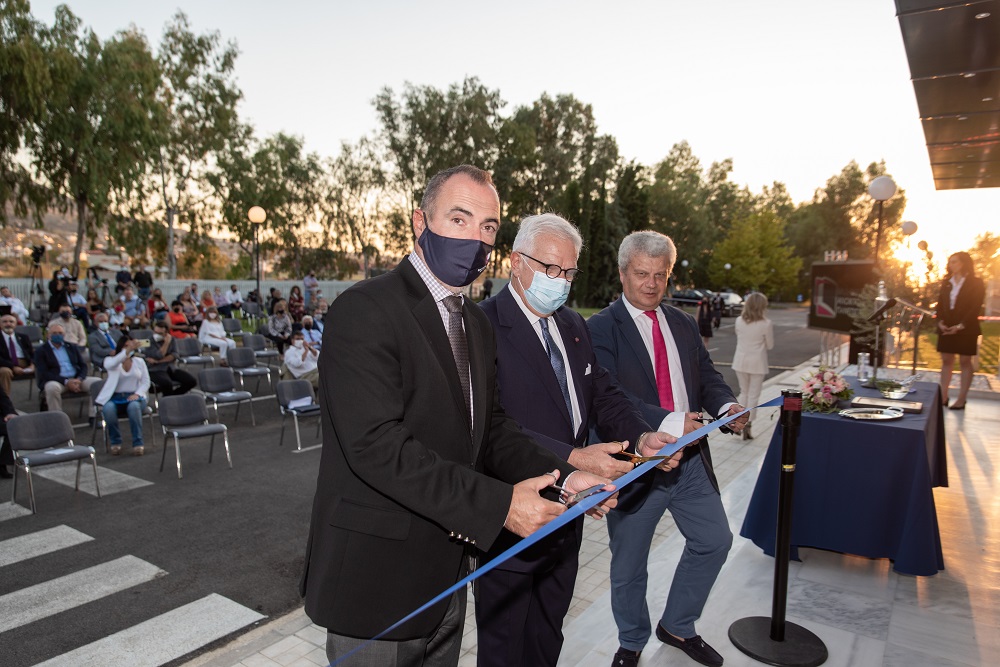
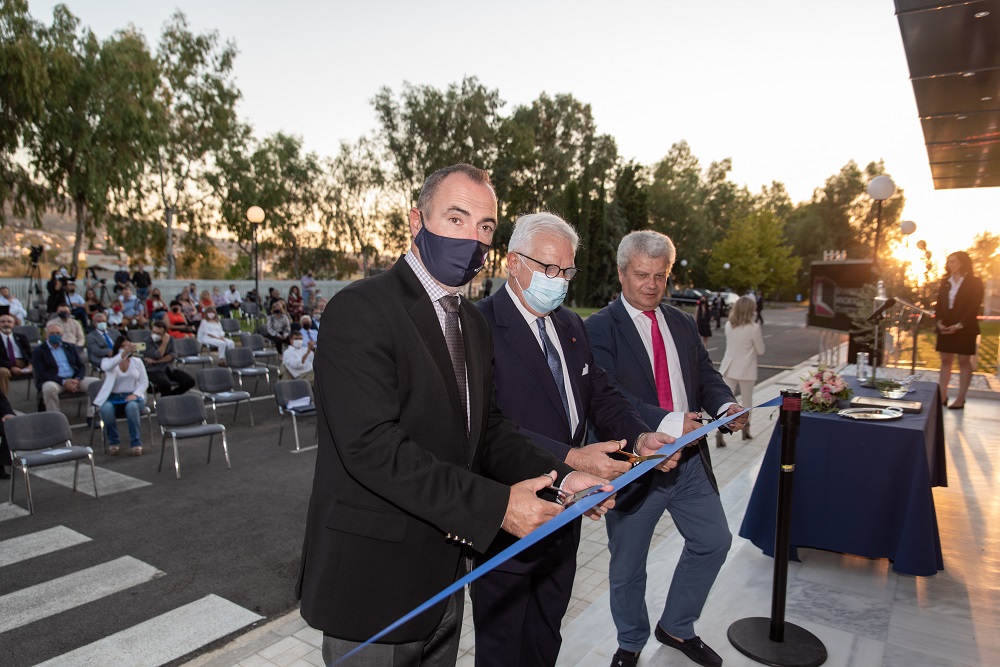
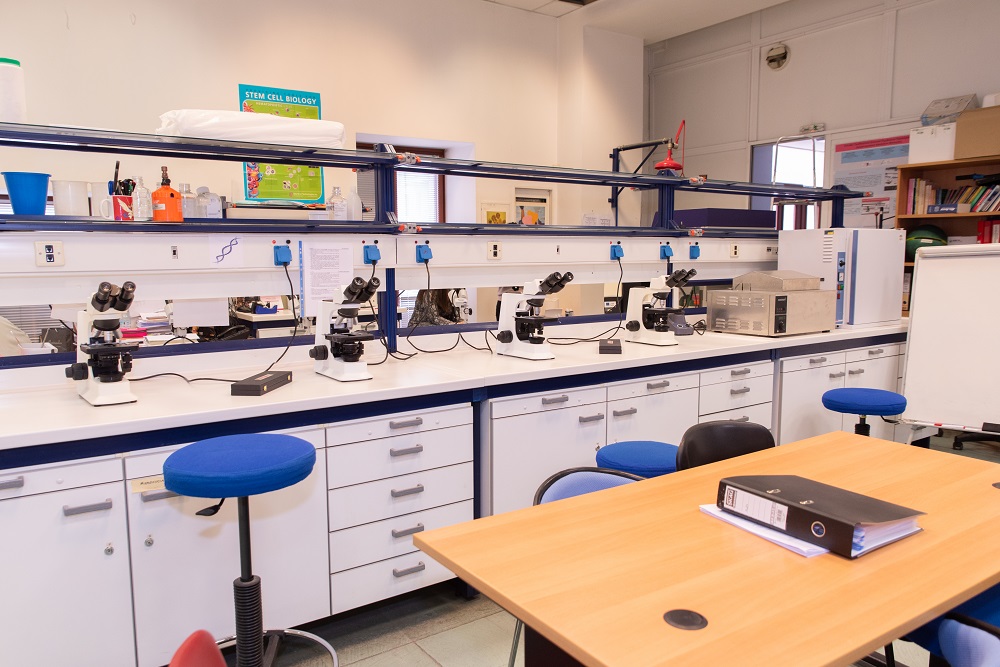

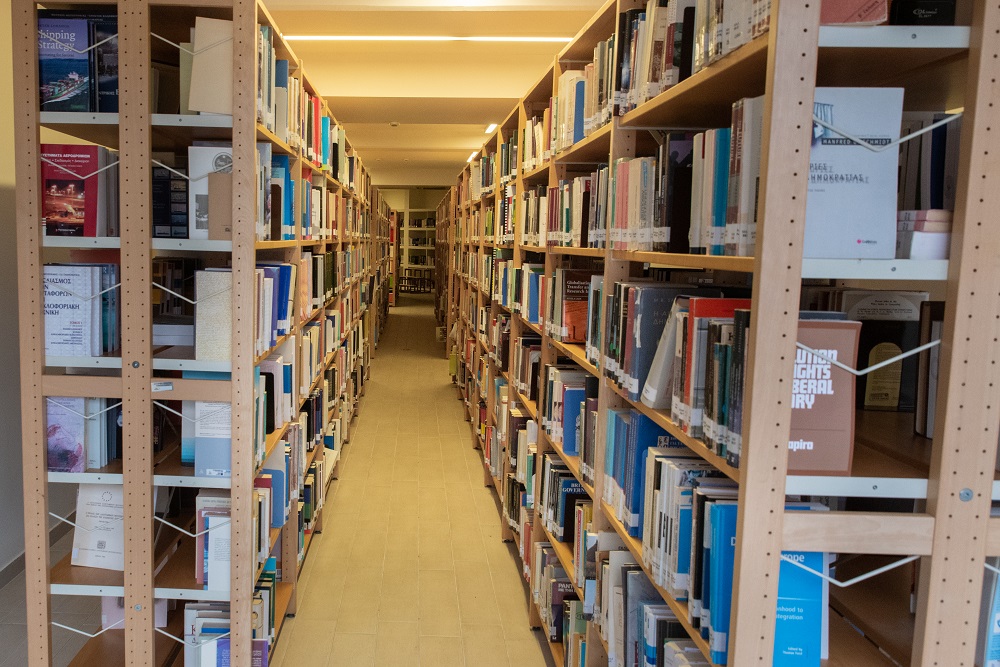

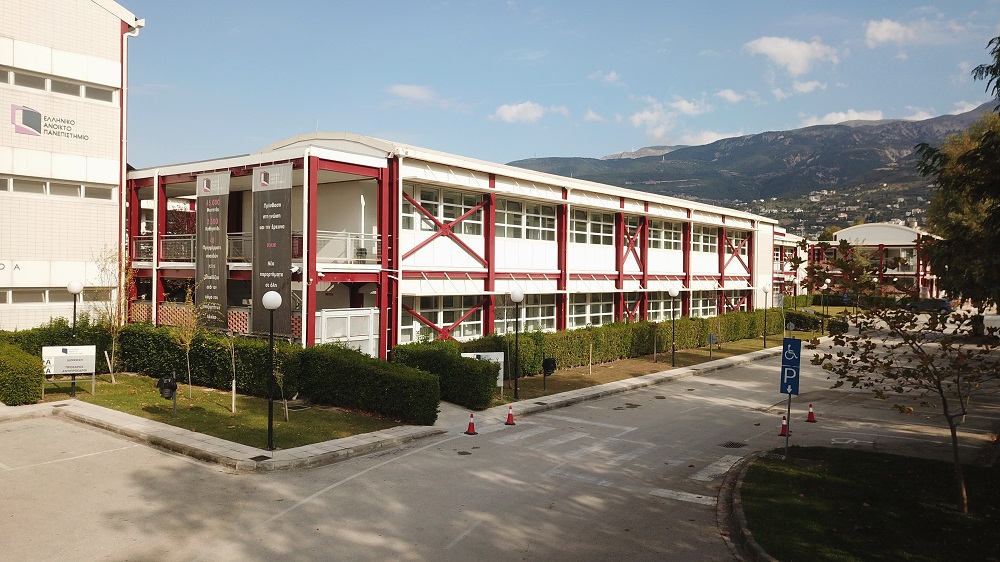
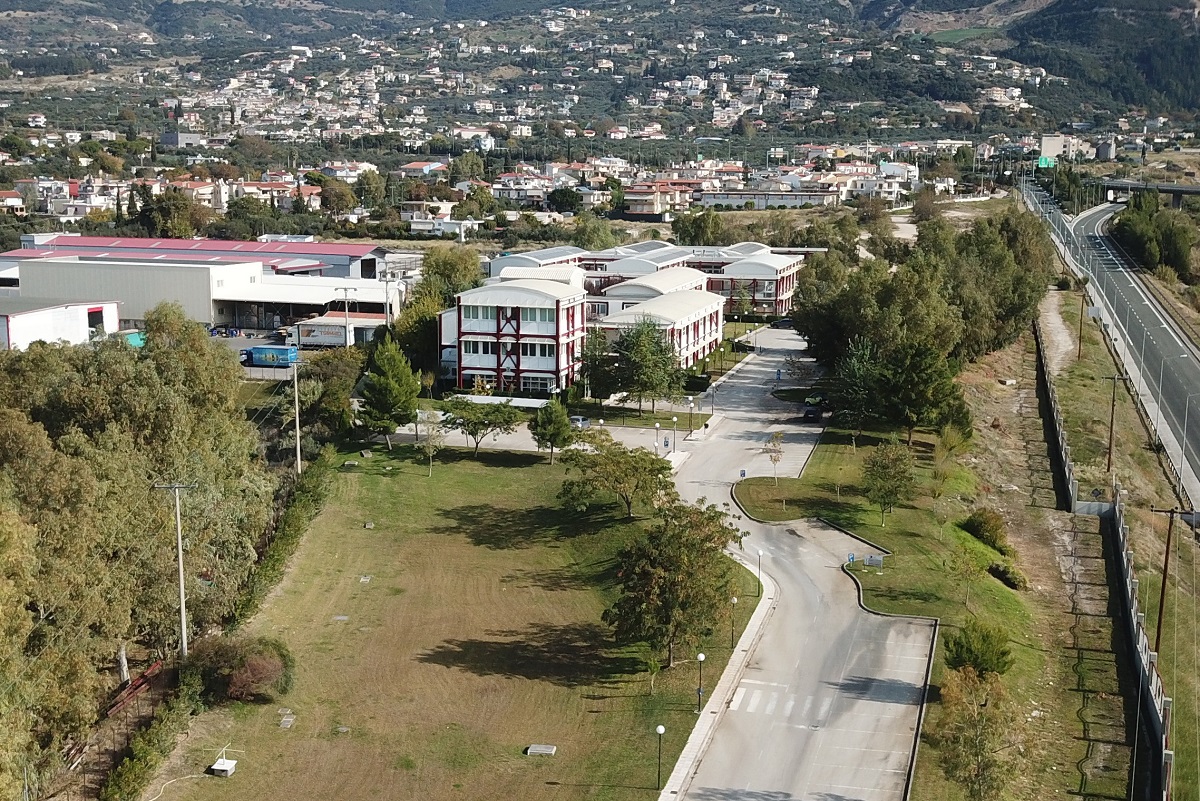
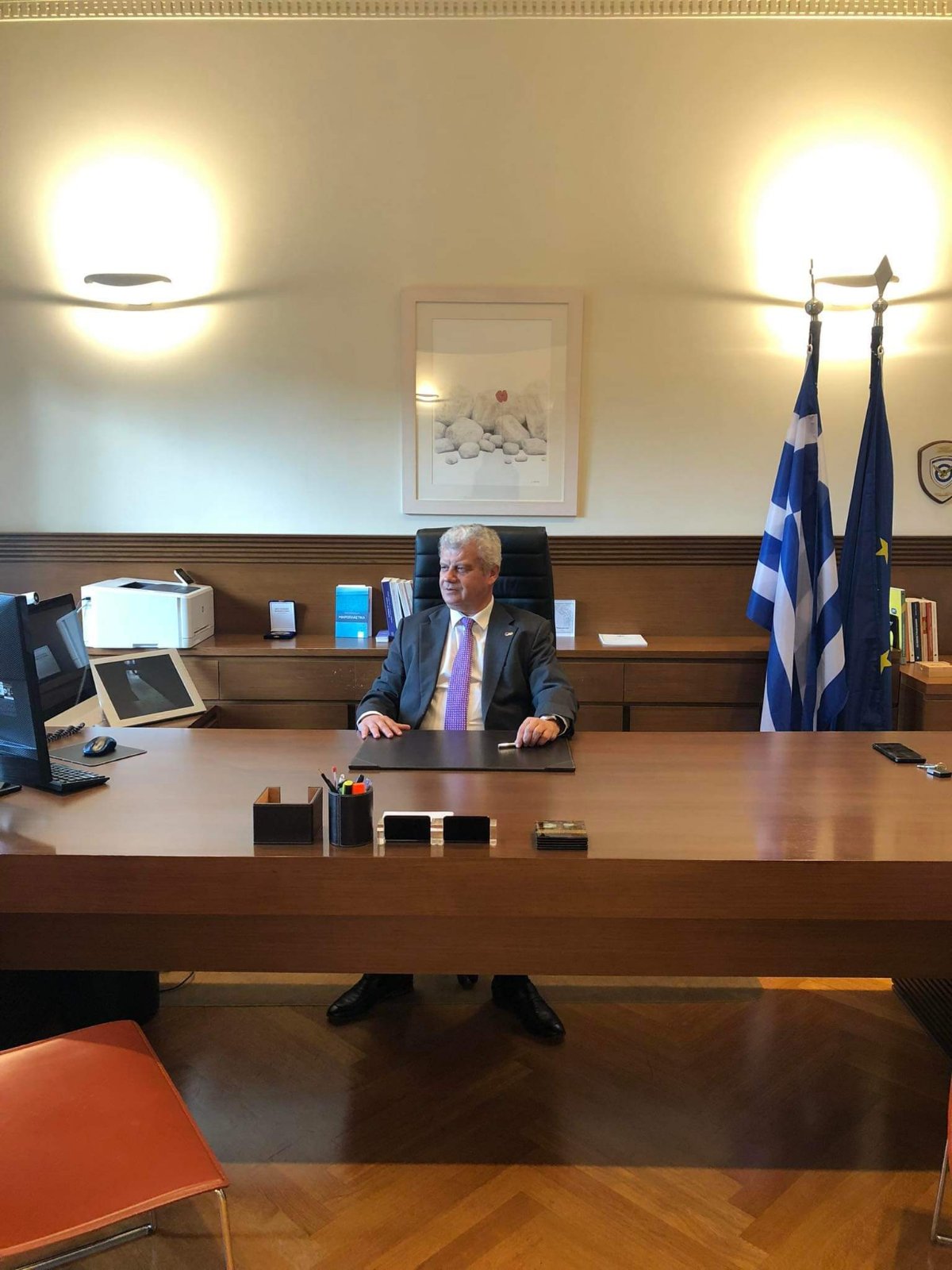
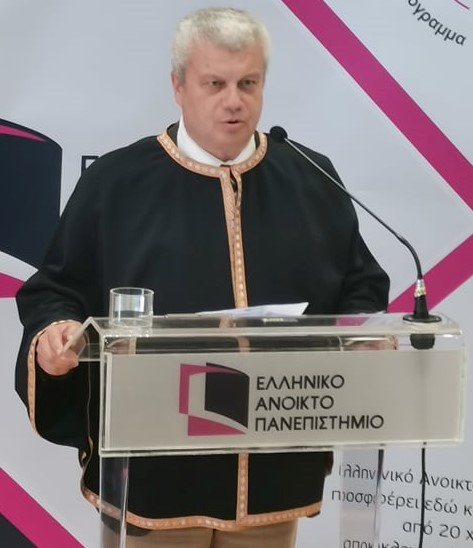

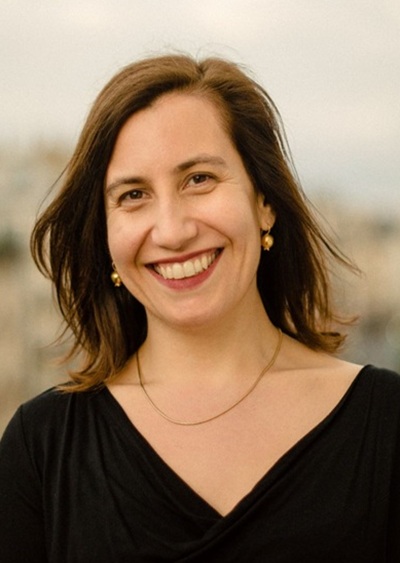
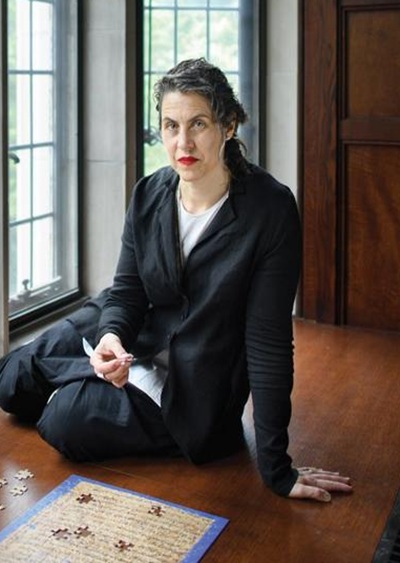
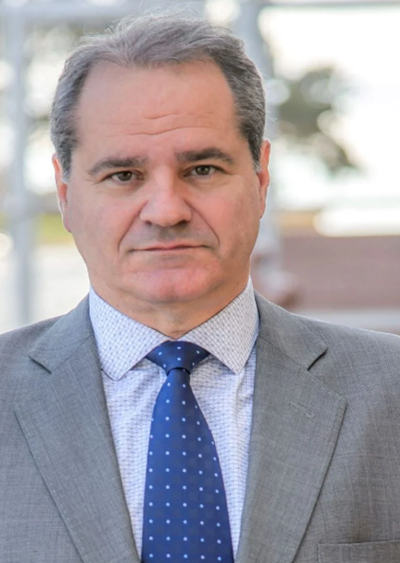


Leave A Comment